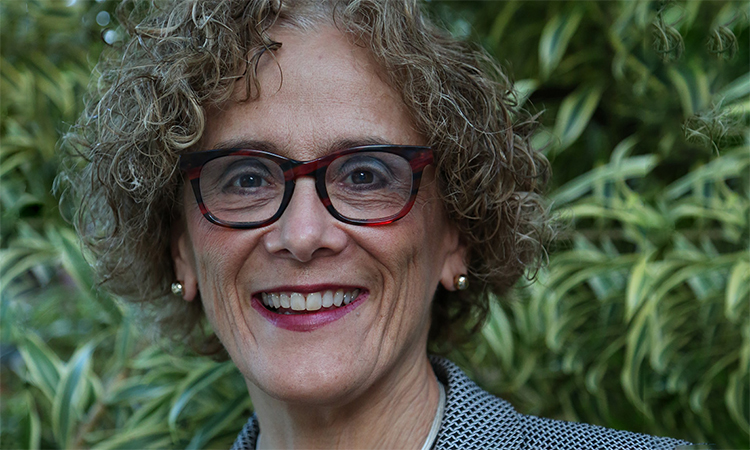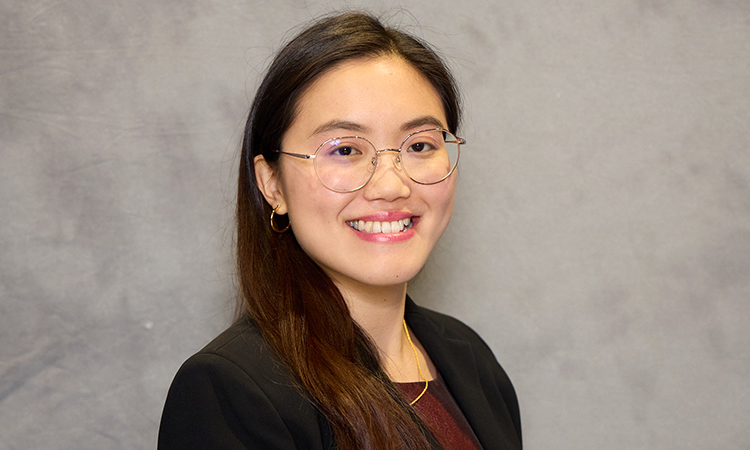In celebration of Women’s History Month, KPSOM is highlighting varied women leaders and physicians working in medicine and STEM-related professions throughout the month. Each woman profiled has forged their own path to a career in medicine and/or STEM. Here, we gather more insight on their personal and professional journeys, influences, and key advice for women and girls interested in medicine and STEM-related professions. In part 3 of our series, we spotlight Carla Lupi, MD, FACOG, KPSOM Associate Dean for Assessment and Evaluation.
What made you want to become a doctor or enter the field of medicine?
To help people and … to empower women.
Was there a specific person(s) who inspired you to go into a STEM-related industry or to medical school? Was there a specific event that was the catalyst to pursuing a career in medicine or STEM? If so, can you tell me a bit about that?
The people in the community I grew up in were for the most part, not college-educated, women or men. I read biographies voraciously as a kid - and gravitated to those about women. Marie Curie was one of my favorites, so I would say she was my primary "STEM" role model growing up. (My science and math teachers were all men.) It wasn't until college when I had a few women teaching assistants in science courses, and then finally medical school where there were a small handful of women attendings. And a well-known epidemiologist, Dr. Ernster, sparked my love of clinical epidemiology and mentored me on a research project.
Women make up less than 30% of the workforce in STEM. What advice would you share with young women and girls interested in building a career in this area?
At least in medicine, the situation for [the] representation of women is better. However, it's still more difficult for women to make it to higher levels. Persistence is key [as well as] believing in yourself and finding mentors.
What is your personal mission as a physician or a leader in medicine?
To empower women, and to graduate people from medical school who will empower their own patients.



